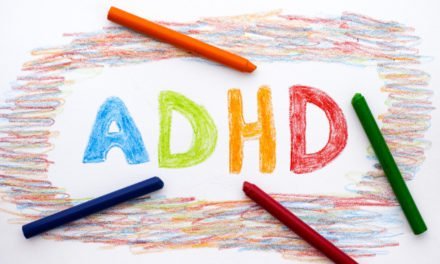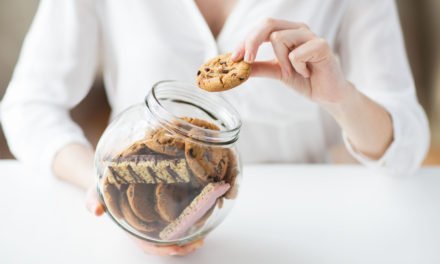<From CNN.com>
When I first studied nutritional science, all calories were considered “equal” when it came to weight loss. The time of day you ate didn’t matter as long as you were eating the appropriate amount of calories for your goals. But as our understanding of nutrition has evolved, we’ve learned that eating earlier in the day can be more favorable for shedding pounds, while eating later can interfere with weight loss — and for more than one reason.
For one, eating during the evening often goes hand in hand with mindless nibbling. Think of how many times you may have reached for a handful of pretzels, chips or M&Ms while watching TV or Netflix at night. Evenings can also be filled with unstructured time, which means eating may fill a “void”; if you’re bored, it’s easy to indulge in high-fat, sugary foods when you don’t have to focus on other tasks such as work or errands.
To be clear, over-consuming calories at any time of day will result in weight gain. But many nutritionists, myself included, have noticed that clients fare better when they’re consuming most of their calories earlier in the day.
That way, by the time evening rolls around, they’re more satiated and may be less likely to overindulge in a box of chips or cookies, a few too many spoons of ice cream or a few glasses of wine. And then there’s the fact that more research has shown how our bodies respond to front-loading calories during our waking hours versus consuming them later on.It has to do with the complex science of circadian rhythms — physical, mental and behavioral changes in the body that follow a roughly 24-hour cycle. These rhythms are driven by a master biological clock in the brain that is primarily influenced by light and tells other “peripheral” clocks in the muscles and organs what time of day it is. Because circadian rhythms affect how calories, carbohydrates and fats are metabolized over a 24-hour period, they can help explain why eating late at night decreases the rate at which we lose weight, as a 2015 study found.
The study involved 420 overweight and obese participants who were divided into two groups: early eaters and late eaters. The early eaters ate lunch before 3 p.m., and the late eaters consumed lunch after 3 p.m. The late lunch group also ate lower-calorie breakfasts, or skipped breakfast more often than early eaters. At the end of the 20-week study period, the late eaters lost less weight compared with the earlier eaters (17 vs. 22 pounds on average, respectively) and lost their weight more slowly, despite the fact that both groups ate approximately 1,400 calories per day and consumed similar amounts of fat, protein and carbohydrates.
The research suggests that the calories we burn from digesting, absorbing and metabolizing the nutrients in the food we eat — known as diet-induced thermogenesis — are influenced by our circadian system, and are lower at 8 p.m. than at 8 a.m.
To put this into practice, especially if you are trying to lose weight, try to front-load your calories as much as possible. Don’t skip breakfast, and consider having what you would typically eat for dinner during lunchtime. Think grilled fish or chicken with veggies and quinoa. Then, at dinner, eat half of what you would typically consume, or consider cutting carbs to help downsize your meal.
Night-shift workers can also benefit from eating in sync with their circadian rhythms. They may modify meal timing by eating their heaviest meal when they wake up, about 3 or 4 p.m., and eating a light “breakfast” at the end of their workday, at 7 or 8 a.m.And if nighttime nibbling is a problem for you, here’s a tip that’s worked well with my clients: “Close the kitchen” at a specific time each evening.
You can use your smartphone to set an alarm to remind yourself when it’s time. Then, situate yourself where you can’t see the fridge, and keep yourself busy with other activities that will take your mind off food, like calling a friend, reading a magazine or book, polishing your nails or taking a bath.
Click here to link to the original article on CNN.



















































